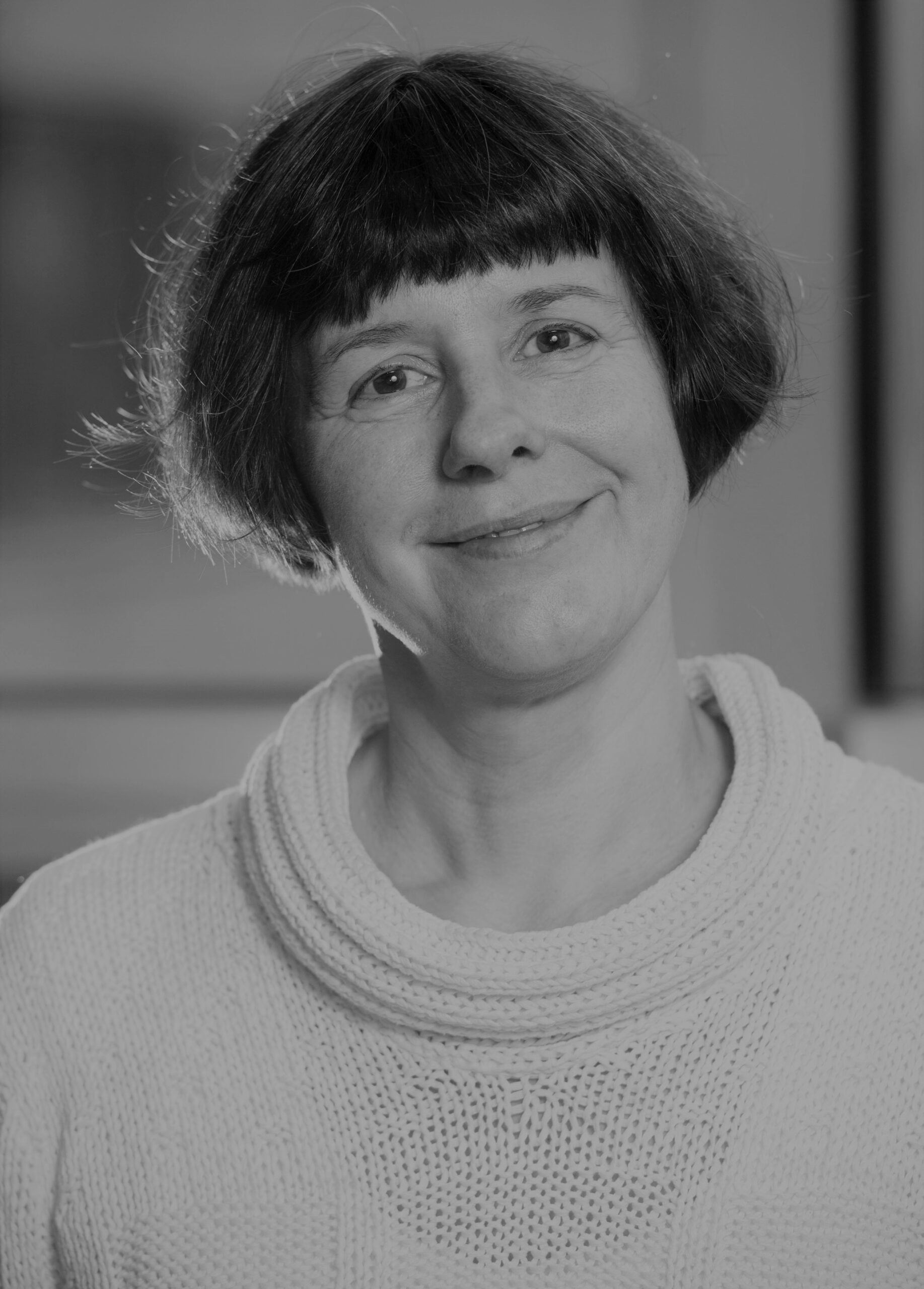
In this post, Dr Sabine Rolle and Dr Neil Lent reflect on the purpose of assessment. This post is part of the Learning and Teaching Enhancement Theme: Assessment and Feedback Principles and Priorities.
What is the purpose of assessment?
Assessment is an integral part of what we do, and maybe we take it for granted. But despite, or maybe because of this, it’s worth taking a step back and asking: what, really, is the purpose of assessment? We think this question is particularly apt during curriculum transformation.
We can step back even further and ask, “What is assessment?”. Pitt and Quinlan (2022, p.13; quoting Black and William, 2018) provide an interesting definition:
Assessment is when ‘learners engage in tasks, which generate data. These data become evidence when they are used in support of particular claims’
What sort of claims might we make?
Below is a list from a workshop in Engineering a number of years ago (and used in Institute for Academic Development workshops since then across different disciplines) of purposes against which we can use assessment evidence to make claims:
- To set standards
- To check what has been learned (to validate our programmes)
- To motivate students to engage with the work
- To inform students about progress
- To help students identify where they can do better
- To provide help with how to do better
- Feedback to the course team on how well the course is working
This variety “makes it challenging to draw the line between instruction and assessment/feedback” (Ibid.). It widens our understanding of assessment beyond the summative assessment that we often normally think of (essays, lab reports, exams etc.), and adds notions of assessment ‘for’ and ‘as’ learning. (Earl, 2003). Effective assessment should be flexible enough to accommodate the different purposes that can be associated with assessment of learning (maintaining performance standards), and for and as learning (motivating and informing students).
Assessment should be integral to course design, to gauge student progression towards intended learning outcomes and development of knowledge and practice in their discipline. Key to that is continuous practice and opportunity to receive feedback and reflect on this practice. We argue that the purpose of assessment is primarily to facilitate student learning, not external quality assurance (this is important but should not be a problem if we get the design of assessment for learning right).
So, what does that mean for our practice in course and assessment design?
We must be clear about what we want our students to learn, why it’s important, and how it will help them thrive (in line with our Edinburgh Student Vision). Good assessment design needs a clear understanding of the intended learning outcomes for programmes and constituent courses.
With this, we can provide our students with opportunities to develop the knowledge and expertise used by practitioners in their discipline. What does a biologist, economist, historian, linguist etc. do? These activities should be varied and as ‘authentic’ as possible, associated with ‘doing’ the discipline rather than learning about the discipline (Sambell et al, 2013). Not all our graduates go on to work within their discipline, but we believe that that deep, authentic engagement with their programmes is useful in their futures (Knight and York, 2004). It is likely that our graduates will work on ill-defined problems, in unfamiliar contexts. Therefore, they should have experience of these situations to learn how to work with them.
We should also design in time for observation of student practice and feedback on how students complete their tasks. This can be, but doesn’t have to be, feedback in the context of a formal assessment process (formative or summative). A crucial part of the learning process is where students develop their own understanding and judgement of good work within their discipline. This can be achieved through self and peer feedback, and expressed as assessment criteria in formative or summative assignments – or simply be part of teaching sessions. Standards of good work can also be identified in engagement with and reflection on work produced by others (Nicol, 2021).
We should not overwhelm our students with summative assessments: less is probably more. Do all intended course learning outcomes need summative assessment? The primary goal is learning not measurement, especially if similar outcomes are part of multiple courses throughout a programme. This is important as over-assessment (particularly if summative) can channel students into a pragmatic approach to work that precludes deep engagement with study (Tomas and Jessop 2019).
Assessment is a central part of what we are doing. It is also not easy to get it right – it is probably one of the biggest sources for dissatisfaction among students and staff. It also has a big influence on how students approach their work. Thinking carefully about its purpose will help us do it better.
References
Earl, L. (2003, 2013). Assessment as learning: Using classroom assessment to maximize student learning. Thousand Oaks, CA: Corwin Press.
Knight, PT and Yorke, M. (2004). Learning, curriculum and employability in higher education, London: RoutledgeFalmer.
David Nicol (2021) The power of internal feedback: exploiting natural comparison processes, Assessment & Evaluation in Higher Education, 46:5, 756-778, DOI: 10.1080/02602938.2020.1823314
Edd Pitt and Kathleen M Quinlan (2022) Impacts of higher education assessment and feedback policy and practice on students: a review of the literature 2016-2021. AdvanceHE Literature Reviews; https://www.advance-he.ac.uk/knowledge-hub/impacts-higher-education-assessment-and-feedback-policy-and-practice-students-review (last accessed 1 July 2022)
Sambell, K., McDowell, L. and Montgomery, C. (2013). Assessment for learning in higher education. London and New York: Routledge
Carmen Tomas & Tansy Jessop (2019) Struggling and juggling: a comparison of student assessment loads across research and teaching-intensive universities, Assessment & Evaluation in Higher Education, 44:1, 1-10, DOI: 10.1080/02602938.2018.1463355
 Sabine Rolle
Sabine Rolle
Sabine is based in the Department of European Languages and Cultures (LLC) where she teaches courses on Discourse Analysis and German Medieval Literature. She is also Co-Director Education (UG) in the Edinburgh Futures Institute, leading on the development of the undergraduate provision which includes elective courses open to all students as well as a new programme on ‘Interdisciplinary Futures’. Since 2017, she has been Dean of Undergraduate Education in the College of Arts, Humanities and Social Sciences. As part of this role, she is co-convening, together with Tina Harrison, the Assessment and Feedback workstream linked to the Curriculum Transformation Project.
 Neil Lent
Neil Lent
Dr Neil Lent is a lecturer in University Learning and Teaching at the Institute for Academic Development. He is a Senior Fellow of the Higher Education Academy. His remit in the IAD is enhancing assessment and feedback practices within The University of Edinburgh. He has interests in the enhancement of learning and teaching, employability, and understanding and evaluating cultural change in higher education.

